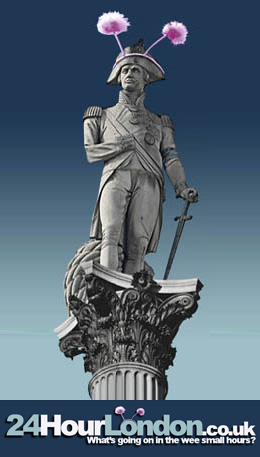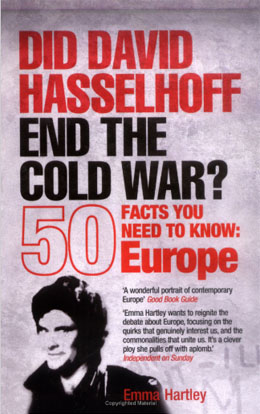Strong sense of place: tick. Photography to die for: tick. Good storyline: tick. In fact, it looks as if he may have done something very clever and made a film that will make morris dancing more mainstream just by showing it as it is. He's looking for distribution at the moment.
Plester, you see, is from Adderbury in Oxfordshire and his father is a morris man, although one furloughed by a damaged knee. But Plester junior lives in the city and the documentary is a journey with him through the history of morris dancing in his village without getting too bogged down in its origins. Instead it focuses on the hiatus in the town's morris tradition caused by the Great War, although as someone mutters during the course of the film, there was nothing much that was great about it. It wasn't until the folk rock revival of the early 70s that the troupe was started up again.
I suspect that part of the shimmer of the finished product is a reflection of the personal journey that Plester took over the course of its production. When I originally got a copy through the post there was a problem with the print, prompting an attempt to lay my hands on a better quality disc and a trip to West Finchley, where Plester lives.
"I've joined the Adderbury village morris men," he explained. "I'm dancing the morris now. And people keep asking when I'll be doing it next and whether I'll be filming it. But no. I mean, it's just become part of my life. Making the film was a part of my life too, but it's not my whole life."
There are many moments of intense beauty along the way, starting right at the beginning with a short animation about how the world was danced into existence by a fox, that reminded me of the beginning of Watership Down. This is echoed about halfway through by an exquisite long shot of a fox emerging from the woods and looking around, apparently staring down the camera despite the great distance and then disappearing back into the woods again.
Other things I loved about this movie included the shot of two sloping roofs next to each other while the script briefly mentioned the hypothesis about a connection between the Moors and the origins of morris. The word "pyramids" arrived just at the moment when the viewer realised that the rooves were a perfectly proportioned representation of them.
It also works as a kind of how-to guide for those potentially interested in taking up the morris, since Plester's dad does a satisfyingly practical explanation of why people tie knots in their hankies and most of the basics are covered in a pretty unstructured way. The men of the troupe are disarmingly charming and the hats - ohmygod - are great.
Slow paced but sharply edited, none of the multicultural references - notably to the Haka - seemed forced and there is also a cleverly presented morris dance to gentle techno, which is fun. It gets a bit purple and Shakespearean in places - sceptered isle, blessed Albion, totemic, blah - but never tips over entirely into sentiment.
Way of the Morris is showing next in Arizona, making me wonder whether it will eventually arrive in Britain garlanded with laurels from elsewhere (see below for British showings). It deserves awards and will probably get some. But more importantly I would think it will find itself an audience far beyond morris enthusiasts. And since the English will never be truly at ease with themselves until they're at ease with their traditions, this can only be a good thing.
* Arizona film festival, April 7
* Athens (Ohio) film festival, April 22-28. Exact date to be announced.
* May 2 preview showing at Sensoria in Sheffield.
* Tulepo film festival, Mississippi, May 12-14
* Sunday, May 15. Barbican cinema 1, London, 2pm. Screening with panel discussion afterwards.
* London International Documentary Film Festival, May 13-28, date of screening to be announced.
* Sidmouth folk festival, July 29- August 5, date to be announced.
* If you'd like to receive posts from this blog directly into your Facebook newsfeed, you could *like* its Facebook page and then use the drop-down menu to indicate that it's one of your "interests". This will enhance the possibility that you'll get them. You could also follow me on Twitter @emma1hartley




